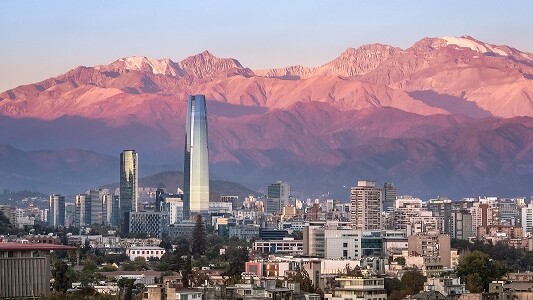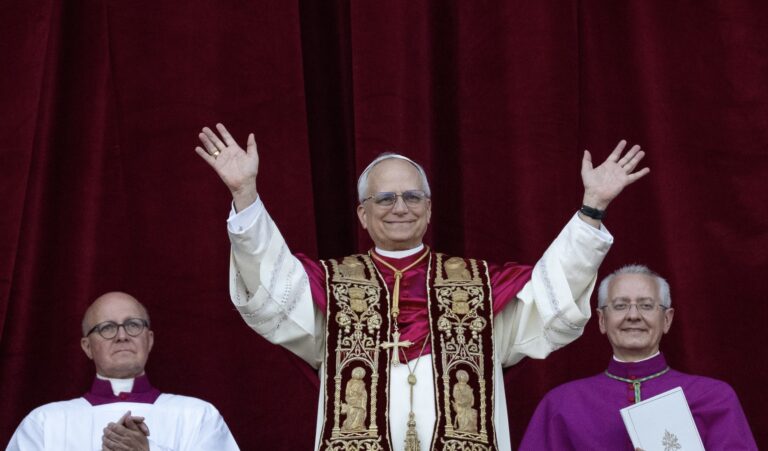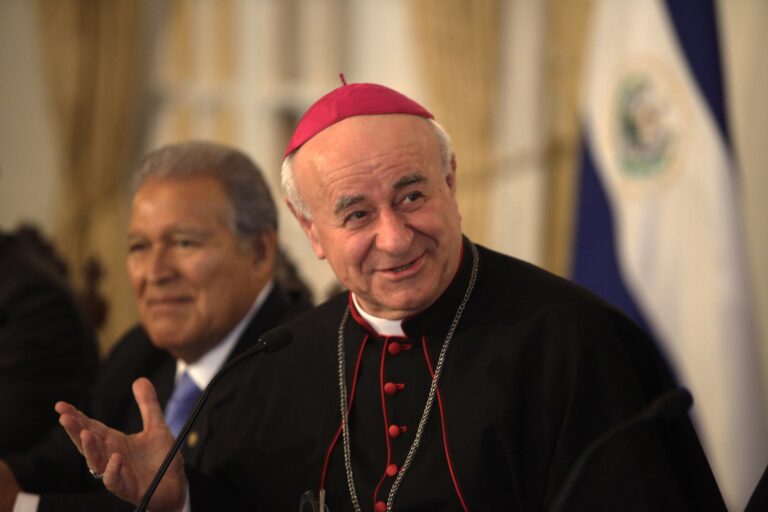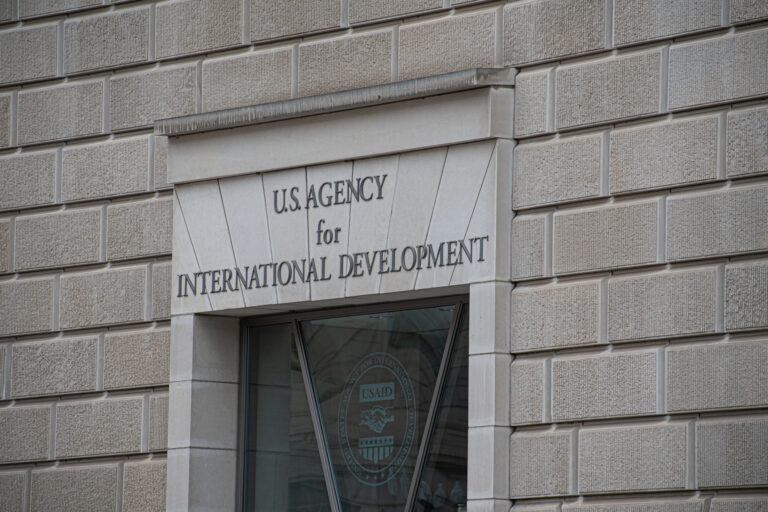There has been a lot of bad news for the Pro-Life cause and for democracy south of the Rio Grande in recent years. Radical leftist presidents have been ‘elected’ amid widespread accusations of ballot fraud. Abortion has been forced on the populations of Mexico and Argentina. The region has been wracked by violent protests in the streets, and faced both health and economic crises.
Chile has not been an exception. On the contrary, Chile has been under attack by the international left for decades, even as the model they want to impose on the country has been a dismal failure in Venezuela, Cuba, Bolivia, Nicaragua and Argentina. The only thing that communism is good at producing is tyranny.
A Ray of Southern Sunshine from Chile
There is good news from South of the Border, however. The presidential election of November 21 in Chile produced a happy result. The pro-life candidate, José Antonio Kast, came in first in a crowded first-round vote. And when I say he is pro-life, I mean it. He is a not only a practicing Catholic who is happily married to the love of his life, he is the proud father of 9 children.
In other words, José Antonio Kast dared to be about as politically incorrect as you can get. He received 27.9% of the votes in the first round of voting, pushing the young leftist Gabriel Boric into second place with 25.8%. The second and final round of voting will happen on December 19, when the next Chilean president will be determined.
These results so far reflect a surprising political shift. Just two years ago, radical leftist groups set fire to several subway stations in Santiago de Chile, the nation’s capital in protest of the cost of riding the subway. Of course, destroying the subway stations meant that you couldn’t ride the subway for any price, since it was shut down for repairs. But as people in the U.S. know, any leftist rioters aren’t known for their intelligence.
The riots destabilized the government of then-President Sebastián Piñeira for two months. Ultimately, the radicals forced a plebiscite on whether or not to call a Constituent Assembly.
In October 2020, 78.27% of the population voted for the drafting of a new Constitution. As a result, 155 constituent assembly members were elected in May 2021, the large majority of whom represented various leftist groups. On the same date, the Communist Party won the mayoral elections in the capital for the first time in its history – a victory that had not even been achieved during the government of the openly Communist Salvador Allende.
The results of this leftist takeover were as predictable as they were disastrous. Chile’s stock market fell by ten percent and the Chilean peso was devalued against the dollar. Everything seemed to indicate that Chile was already destined to be another version of “21st century socialism.” Or as we say in Peru, welcome to Venezuela. But José Antonio Kast’s first-round victory has cast doubt on that gloomy prediction.
I count Jose Kast as a personal friend. We have visited with each other both in Chile’s capital, Santiago de Chile, and at meetings of the Political Network for Values at which we have both spoken. He is an intelligent, courageous and optimistic man. In the last few months, he has demonstrated that he is also bold. It is no accident that his campaign slogan has been #AtréveteChile (“Chile, be Daring!”).
Whoever reads the more than 800 proposals of Kast’s 2021 government program will have no doubt of the magnitude of his boldness. Not one of them is even remotely lukewarm. If President Piñeira was overwhelmed by the leftist riots — and he was — it was perhaps because he fits into what many have called the “cowardly little right” category. In the United States, I think you call them RINOs.
Not Presidential Candidate Kast. Since coming onto the public scene in 2017, Kast has represented the principled conservative opposition to the kind of national suicide proposed by radical leftist groups. Kast supports a strong and straightforward agenda: the recovery of order and the rule of law, respect for the police and the military, an end to violence, terrorism and drug trafficking, and the severing of diplomatic relations with Venezuela and Cuba. Of course, he wants closer ties with the United States.
Kast’s current platform includes a very clear pro-life agenda: “We defend life from conception to natural death. All human beings have inalienable rights that no person or majority can take away. We will repeal the law passed during the government of former President Bachelet that makes abortion possible.”
Kast also puts the family first on almost every issue. In particular, he points out, “no one is in a better position to watch over the interests of the children than the parents.” For Kast, giving parents the right to define the teaching and education for their children “includes the choice of values, and civic, religious and sexual education.” He also endorses a series of public policies to promote families, including such things as providing marriage preparation courses and a plan to increase Chile’s sagging birth rate with tax breaks that increase with the number of children that a family has.
On August 16, just 3 months before November’s vote, Kast tweeted that the polls put him in third place at 10%. He was pleasantly surprised, he humbly pointed out, since he had just emerged on the political scene. But he had correctly judged the public mood. The majority of Chileans were fed up with the ideological babble of both the traditional left- and right-wing parties. These did not address their real concerns. Kast did, and because of his determination and transparency, he continued to rise in the polls.
In an interview with BBC News two days before the elections, the left-wing commentator Peter Siavelis explained that the outcome of the elections would either consolidate democracy or destroy it. Of course, as a leftist he lied, falsely equating democracy with communism. But Siavelis was right in saying that there is no middle ground between freedom and tyranny. But he struggled to explain Kast’s rise, who by then was already leading in the polls.
Predictably, the international press has tried to minimize Kast’s victory over Boric. Their headlines merely report that Kast and Boric have both successfully qualified for the December runoff. But they try to tar Kast with the label of “ultra-right,” while excitedly proclaiming that Boric “could be the youngest president in the history of Chile.” This is, by the way, not an advantage, which is why America’s Constitution requires the president to be a certain age.
Kast has a good chance of winning. The politicians who came in third and fourth both received about 13 percent of the vote and both are from the right. One has already declared that there is no way that he will vote for Boric.
The total votes of Kast and these two exceed 50%. The leftist media, both international and local, ignore this, and have begun their anti-Kast propaganda campaign in earnest. But the stock market doesn’t lie. After the election, the Chilean stock market rose by 9.69% — the highest daily increase in the last 13 years — and the Chilean peso was revalued against the dollar.
A victory by Kast would mark a crucial reversal of the revolutionary tide that the leftists want to engulf the hemisphere. If José Antonio Kast wins on December 19, it will be a welcome victory for Life and the family. Stay tuned.







